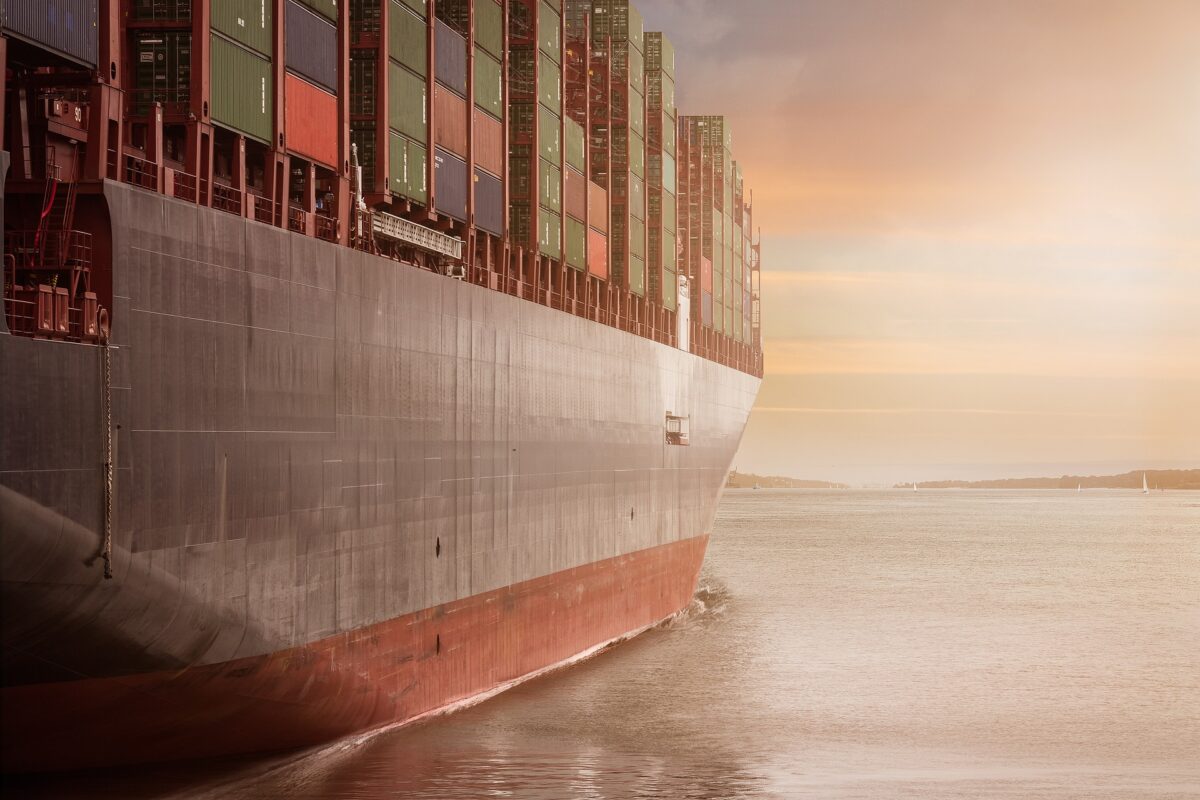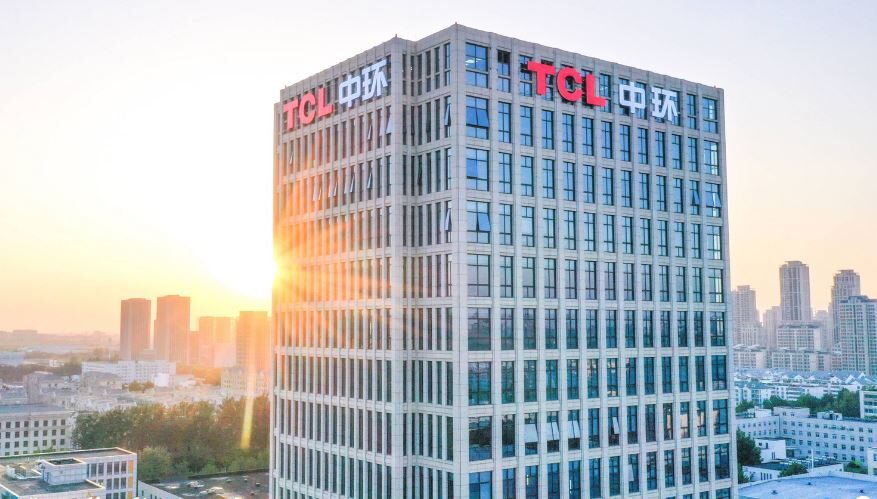From pv magazine USA
US President Joe Biden plans to veto a move by Congress to end a two-year suspension on tariffs for goods shipped from Vietnam, Cambodia, Thailand and Malaysia, which make up around 80% of the US supply of solar components.
“The administration strongly opposes H.J. Res. 39, which would disapprove a rule issued by the Department of Commerce that temporarily suspends the collection of certain duties on imports of solar cells and modules,” said the White House in a press release. “The four Southeast Asian countries were allegedly harboring tariff-dodging products from China, which under antidumping and countervailing duty (AD/CVD) laws could lead to tariffs that range between 50% to 250% of the cost of shipped goods.”
This looming threat of tariffs created an untenable level of risk that cascaded into cancelled and delayed projects. The effect was so stark that it led the Solar Energy Industries Association to cut its project deployment forecast in half for the year.
About 20% of utility-scale solar capacity was delayed or cancelled in the first half of 2022 due to supply problems and uncertainty. This uncertainty was temporarily lifted when President Joe Biden placed a 24-month moratorium on solar tariffs from the four nations on June 5, 2022.
This April, the House Ways and Means Committee voted 26-13 to end the moratorium and restore tariffs via the Congressional Review Act.
“We cannot allow foreign solar manufacturers to violate trade laws, especially when it comes at the expense of American workers and American businesses,” said Representative Dan Kildee (D-MI).
The tariff exemption applies to modules that are imported before June 6, 2024, or modules installed on project sites before December 2024. Biden’s two-year moratorium is meant to act as a bridge while US domestic solar manufacturing ramps up, said Reuters.
“The United States currently lacks the capacity to produce solar panels and cells in adequate volumes to meet domestic demand,” said Abigail Ross Hopper, president and chief executive officer, Solar Energy Industries Association. “This strategic approach protects existing jobs while new ones are added, but it also helps sustain the robust environmental, national security and job-creating benefits offered by US solar deployment.”
Commerce made a preliminary ruling in December that some companies in the four nations were found to be in violation AD/CVD laws. The final decision for this ruling is scheduled for May 2, 2023.
This content is protected by copyright and may not be reused. If you want to cooperate with us and would like to reuse some of our content, please contact: editors@pv-magazine.com.




1 comment
By submitting this form you agree to pv magazine using your data for the purposes of publishing your comment.
Your personal data will only be disclosed or otherwise transmitted to third parties for the purposes of spam filtering or if this is necessary for technical maintenance of the website. Any other transfer to third parties will not take place unless this is justified on the basis of applicable data protection regulations or if pv magazine is legally obliged to do so.
You may revoke this consent at any time with effect for the future, in which case your personal data will be deleted immediately. Otherwise, your data will be deleted if pv magazine has processed your request or the purpose of data storage is fulfilled.
Further information on data privacy can be found in our Data Protection Policy.